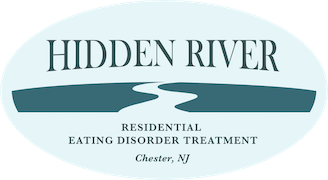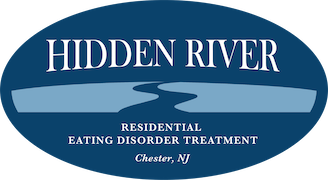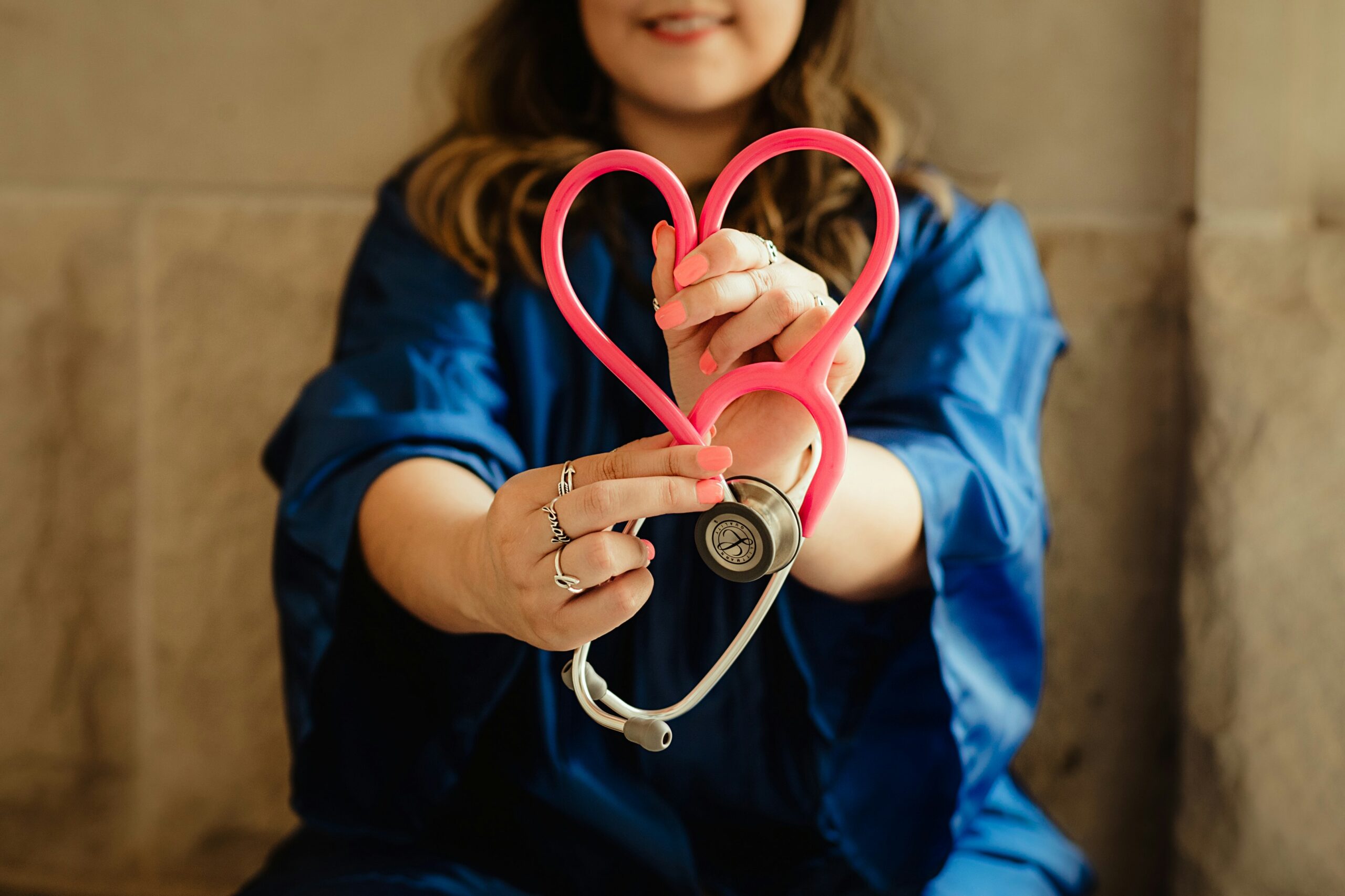Maintaining a Positive Body Image During Eating Disorder Recovery
One of the key elements of eating disorder recovery is developing and maintaining a positive body image. The National Eating Disorder Association defines body image as the thoughts, feelings, and perceptions that someone has about their physical appearance. When someone struggles with an eating disorder, their views of themselves as well as their self-talk often becomes warped with a harmful body image. In fact, having a negative body image is one of the hallmark symptoms of eating disorders.
Enhancing body image, then, is a central component of eating disorder treatment and recovery. It’s not surprising that developing a positive body image is difficult for many patients. However, evidence shows that it’s also an influential protective factor against eating disorder symptomatology. A study conducted by Lindardon (2021) showed a positive association between increased body appreciation and a decrease in the symptoms of eating disorders within their sample of over 1,200 women.1 The study strengthened the argument that body image work can be used in treatment and prevention of eating disorders.
What Influences Our Body Image
So, how does someone develop a positive body image? There are many factors that influence body image. We hear advertisements for diets on YouTube, Twitter, or Instagram. Constant exposure to unrealistic beauty standards across social media can lead to unrelenting body checking and frustration that we can’t achieve the body shape, texture, weight, or appearance portrayed in the media.
Current events also influence our body image. At the height of the pandemic, there was incessant media coverage of the negative impacts that staying at home have on our physical health. Robertson and colleagues (2021) conducted a survey with 264 individuals forcibly quarantined inside their homes during the UK lockdowns throughout the COVID-19 crisis.2 They concluded that the magnification of poor physical health outcomes likely contributed to an increase in body shame and subsequently a negative body image. They correlated this result with an increase of eating disorder symptomatology.
Social Media, Body Image, and Eating Disorders
They also found that younger survey participants, specifically those under the age of 30, showed greater concern over their physical appearance. These results may have been due to increased viewership of social media, especially with nothing else to do but remain isolated at home. This claim was supported by Saiphoo and Vahedi’s (2019) research that showed a small but positive relationship between social media use and body image disturbance when analyzing data from over 36,000 individuals.3
Not only does negative body image result in dissatisfaction, but it can also mean an increase in compulsive body checking habits or even body image avoidance. Combined, all these elements increase the risk of developing or maintaining an eating disorder. Further supporting this idea, a meta-analysis conducted by Walker and colleagues (2018) showed that there is a strong relationship between body checking and eating disorder diagnoses.4 By treating negative body image and its related behaviors, those with eating disorders can possibly avoid symptom exacerbation.
It’s clear that positive body image helps individuals reduce their eating disorder symptoms and should be included in treatment. But how can you grow and maintain a positive body image?
Tips to Help You Maintain a Positive Body Image
Summertime is filled with toxic messages about “the perfect beach body.” Don’t internalize these seasonal thoughts! Now is a great time to incorporate positive body image exercises into your daily routine. These exercises might include:
- Create statements of affirmation. Write compliments for yourself and leave them around your space. You can tape them to the mirror or set them next to your phone charger.
- Put away your technology. It’s no secret that social media has a hearty influence on body image. Set aside a few technology-free hours each day to disconnect from harmful messages about “ideal” beauty.
- Advocate for healthy bodies in the media. When you notice unrealistic beauty standards in the media, speak out! Such advocacy combats the thin ideal and can help you maintain a healthy perspective.
- Identify negative self-talk. Do you regularly hurl insults at yourself? You would never talk to another person like that, so it’s not fair to criticize yourself so harshly. Every time you engage in negative self-talk, take a few deep breaths and shift to another train of thought.
- Replace negative body talk. Alongside identifying negative self-talk, try to replace those harmful thought patterns with positive messages. For instance, don’t critique how much you ate for lunch. Instead, say, “I’m good at listening to what my body needs to stay healthy.”
- Stop body checking. If you constantly look in the mirror, cover it or even get rid of it altogether. By reducing the amount of body checking that you’re doing, you can decrease any obsessions that exist.
- Update your wardrobe. Are there any clothes in your closet that make you feel upset, anxious, or frustrated? Throw them out! You might have clothes that you hope to fit into someday. Instead of saving them, replace those items with clothing that fits you now to decrease negative self-talk.
- Work with a therapist. If you find it difficult to turn off harsh body talk, reach out for help. Working with a therapist can have huge benefits – especially if your negative body image contributes to an eating disorder.
Visit our website to learn more about eating disorder treatment at Hidden River.






Leave a Reply
You must be logged in to post a comment.